13 de julio 2020

Children of Exile: The Births “Sowing Hope” in the Camp of Nicaraguan Farmers

PUBLICIDAD 1M
PUBLICIDAD 4D
PUBLICIDAD 5D
Bars, fried food stands and even religious services continue without interruptions in the capital, despite the pandemic. Drive-in cinema was revive
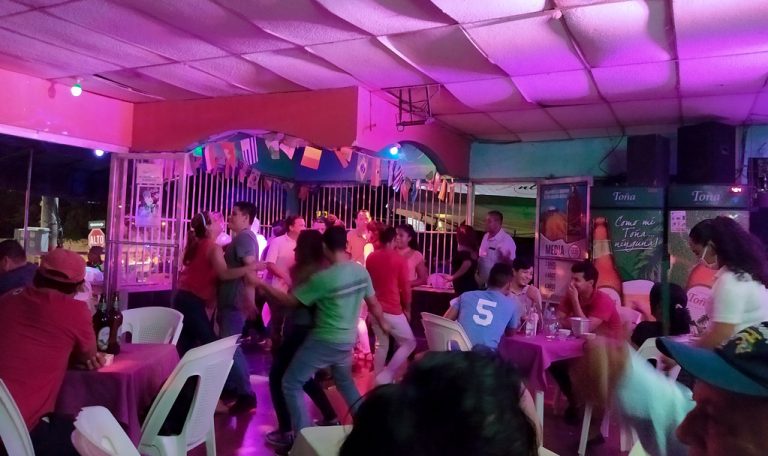
Bars
There is a Managua in which there is no pandemic. One in which from nine o’clock at night, the nightlife for many is just beginning, despite the fact that the capital is the city with the most infections and deaths from coronavirus, according to the independent monitoring of the Citizens Covid-19 Observatory.
Nightlife in times of coronavirus extends frm the so-called “zona rosa” (restaurants and bar area) towards the revived center of the old Managua, where a drive-in cinema has been reinstalled, there are free tickets to recreational centers and the parks remain open. It also reaches outlying areas, such as the sidewalk of a Rubenia bar, where tables have been set up to crowd a clientele who eats, drinks and dances, without masks or (physical) distancing.
On a two-night tour of Managua, a Confidencial team observed that the majority of those who continue the nightlife in the capital are young people between 20 to 35 years of age. However, there are those over 50 who also do not make use of any pandemic preventive measure.
In many businesses, guards, waiters and bartenders wear face masks, and even gloves. At the entrance there are also those who ask clients to clean their hands with gel alcohol gel or to sit a table in between. But not everyone listens to the recommendations, and those who wear masks are more like an exception.
The latest weekly report of the Citizens Observatory registers until July 8 in Managua 3,287 suspected cases of covid-19, equivalent to 41% of the total of 7,893 reported infections throughout the country. Furthermore, 838 deaths from the pandemic were recorded, which is 38% of the 2,225 recorded nationwide. But these figures do not stop those who gather in bars, restaurants, discotheques and recreational centers, or for “normality” to continue in a capital already depressed by the economic crisis.
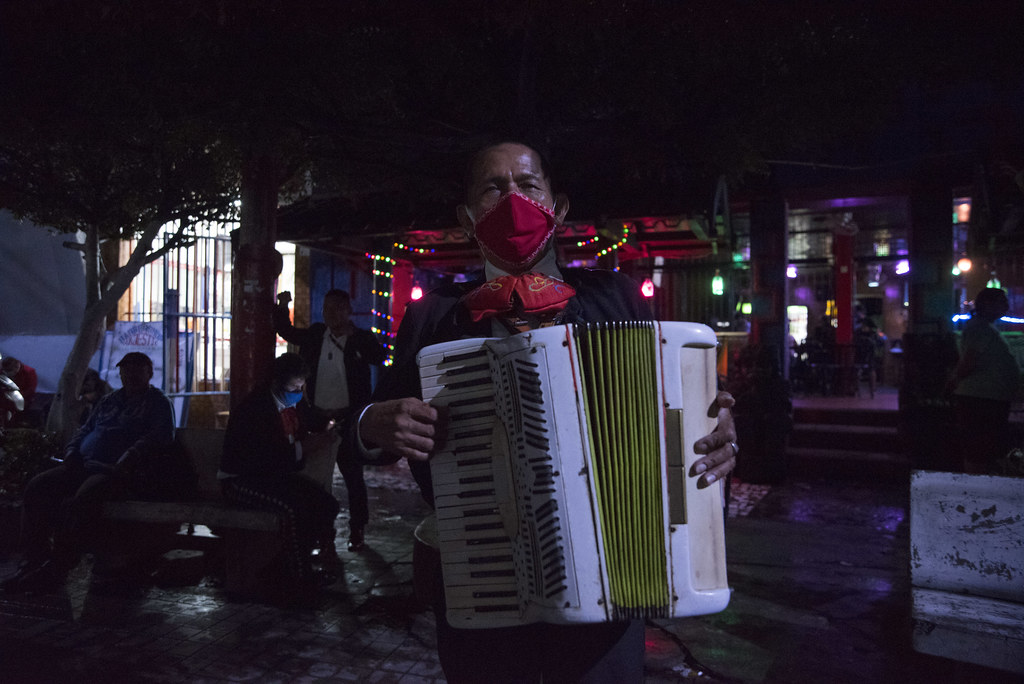
The mariachis at the Bello Horizonte roundabout wait every night for clients who want to dedicate a serenade.
“What we are doing is to survive,” says mariachi Fernando Gutierrez, who belongs to one of the eight of 25 groups that still perform in the popular Bello Horizonte roundabout businesses.
“Many customers we had before have died from the virus. We had one that always called us, he caught the virus and unfortunately passed away,” regrets Gutierrez, who admits that it has been a month without playing a single serenade, despite the fact that the cost of the song session has dropped from 2,500 cordobas to 1,500 or even to 1,000 (1 USD = 34 cordobas). Every night he arrives at one of the places where many people from the capital used to stay until dawn. Although now, there are less, some of them come to ask for a serenade.
The night progresses, from nine o’clock at night, the nightlife begins for those taking more risks. In the Hippos area some bars look empty, the discotheques begin to fill up and the only ones taking precautionary measures are the waiters and bartenders with their masks and gel alcohol, which they also distribute to those who enter, to try to mitigate the danger of contagion.
The age range of the attendees are the same, between 20 and 35 years of age. In a bar in Rubenia, all are crowded, the space is small, the tables are almost all together and none with a mask. In certain bars in Managua the location of customers is a table in between.
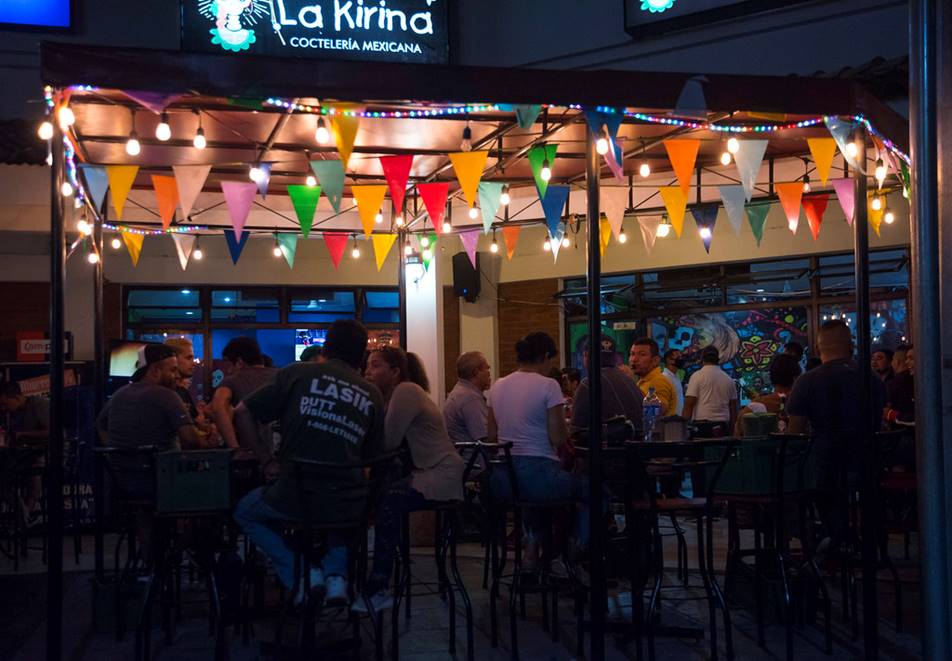
Every night it is more common to see bars and restaurants with more people, despite the coronavirus pandemic. Photo: Nayira Valenzuela / Confidencial
About 50 people are in a bar in the outskirts area of Managua. This time there are 50-years-old adults dancing and drinking. There are tables even on the sidewalk and all are occupied.
The places that are mostly empty are the restaurants, most clients prefer home delivery to consume their food. There are certain businesses that are beginning to reopen the eating service on the premises and those that are already doing so locate their customers a table in between.
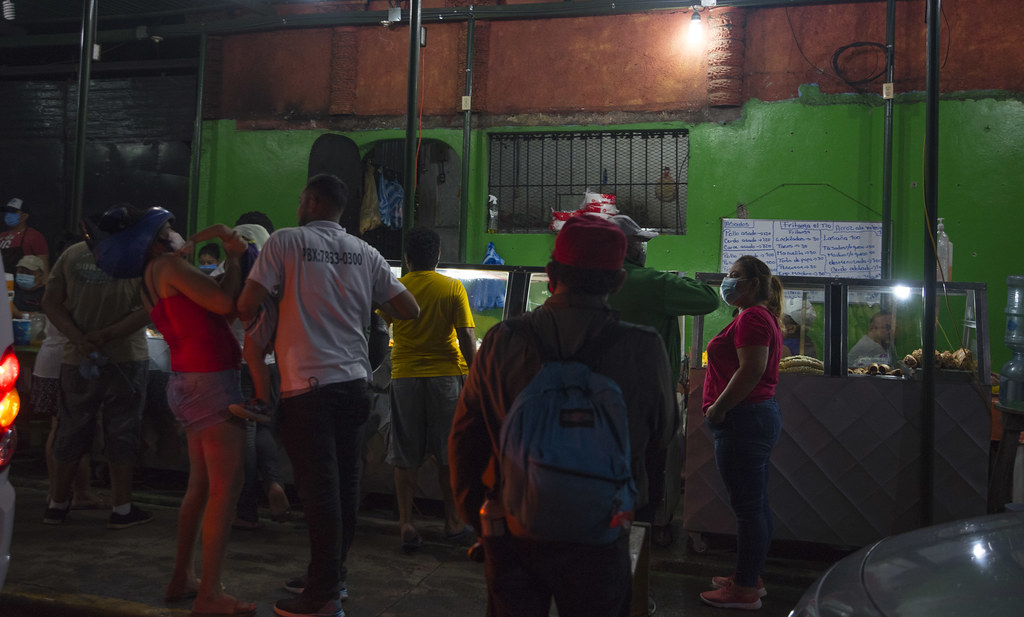
Bars, restaurants and eateries are considered foci of contagion of covid-19 due to the crowding of people. The fried food stands of neighborhoods have not stopped serving, the owners have taken some safety measures, wearing gloves, masks and washing their hands constantly, but some clients have overlooked the measure of two meters distance between people to be served faster.
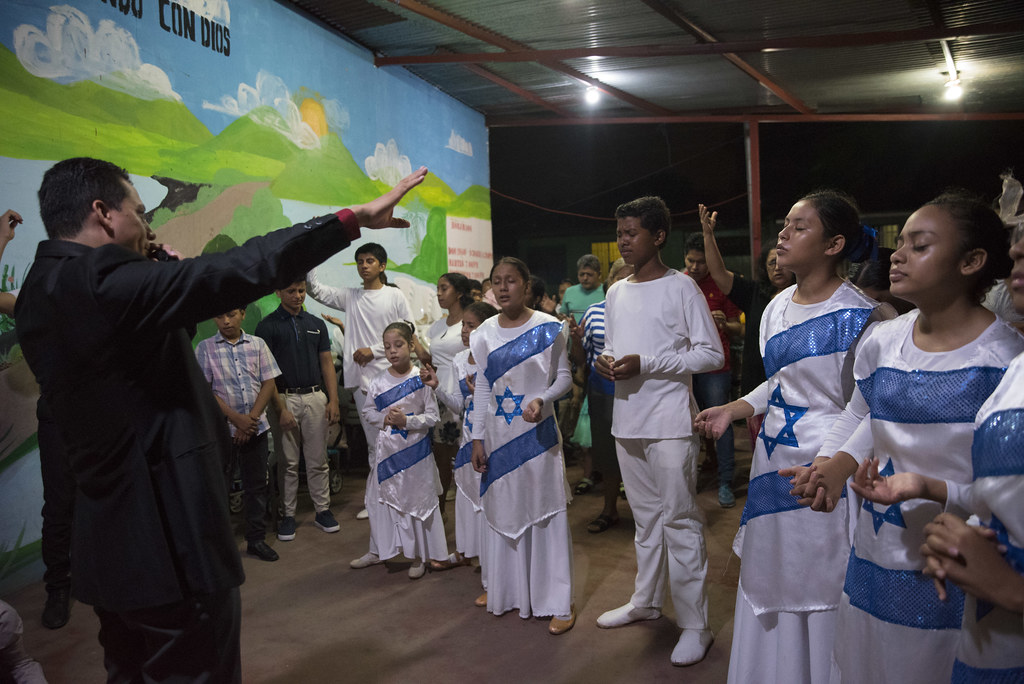
Due to the advance of the pandemic in Nicaragua, most of the churches have had to adapt to the digital age and transmit their religious services through social networks, without the presence of parishioners. Some Christian denominations have not yet canceled their religious services, although they are aware that they can become infected with the virus. In their reflections, they make a call to keep the faith and strengthen life in devotion to God because in these times “the church is covered with the Blood of Christ.”
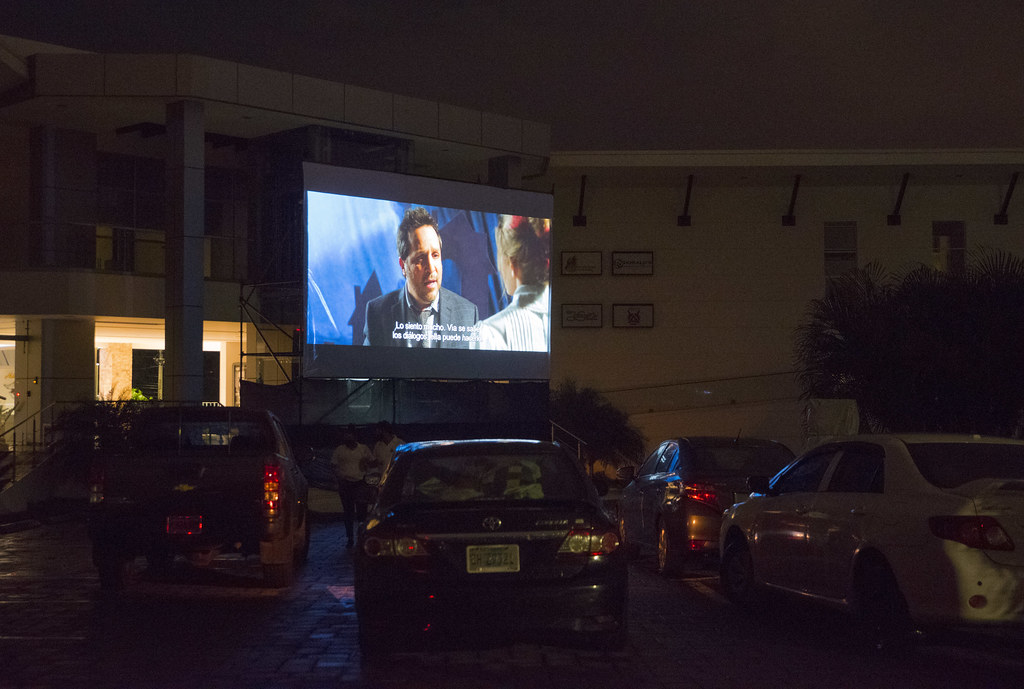
In Managua’s nightlife new businesses have emerged such as a drive-in cinema.
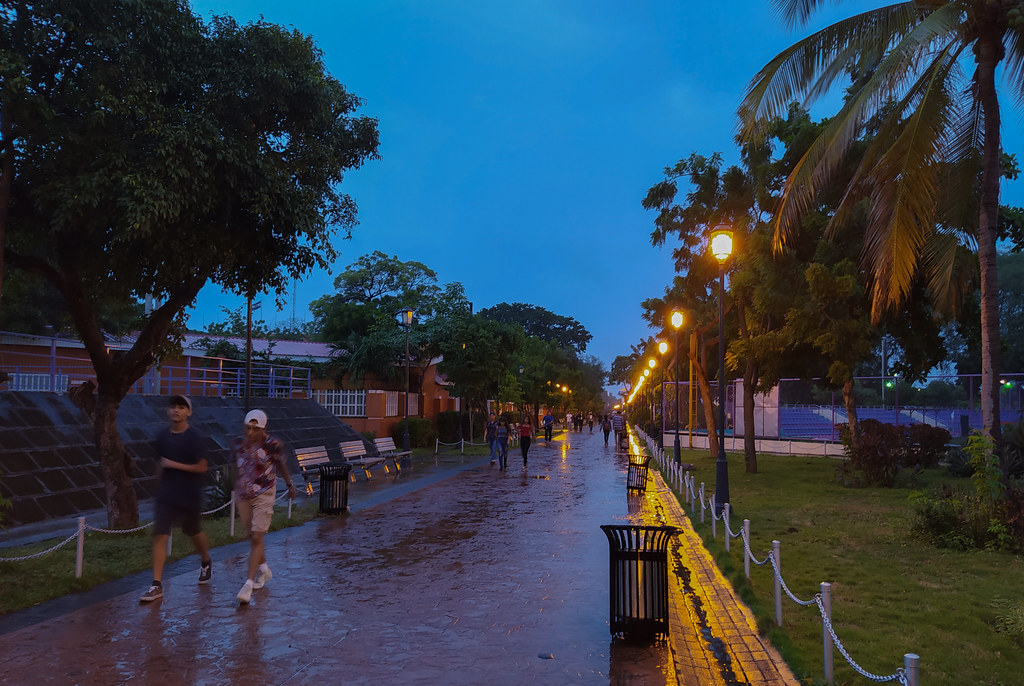
The Luis Alfonso Velasquez Park continues to be visited despite the Covid-19.
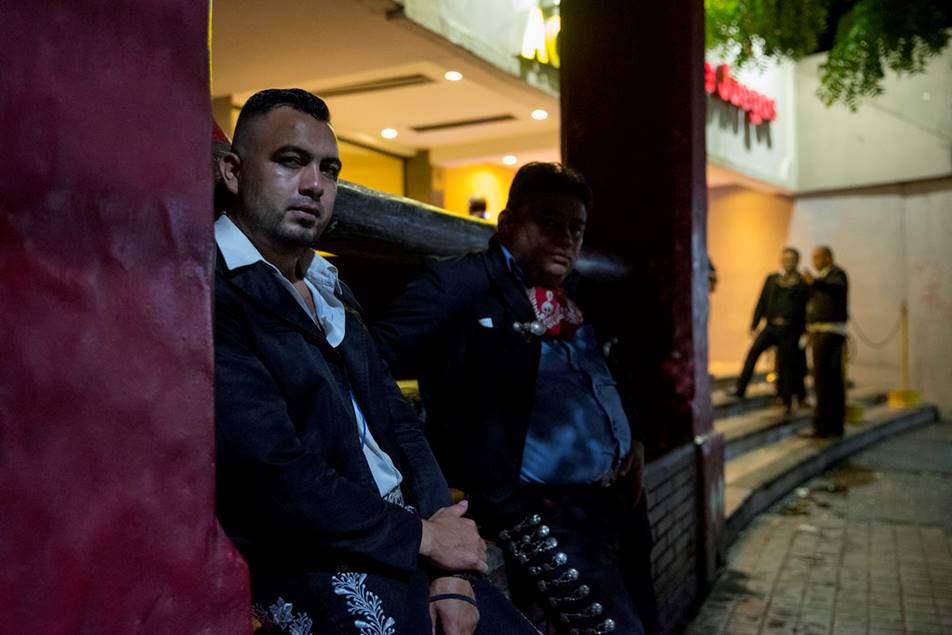
Many of Managua’s nightlife areas have less presence of people.
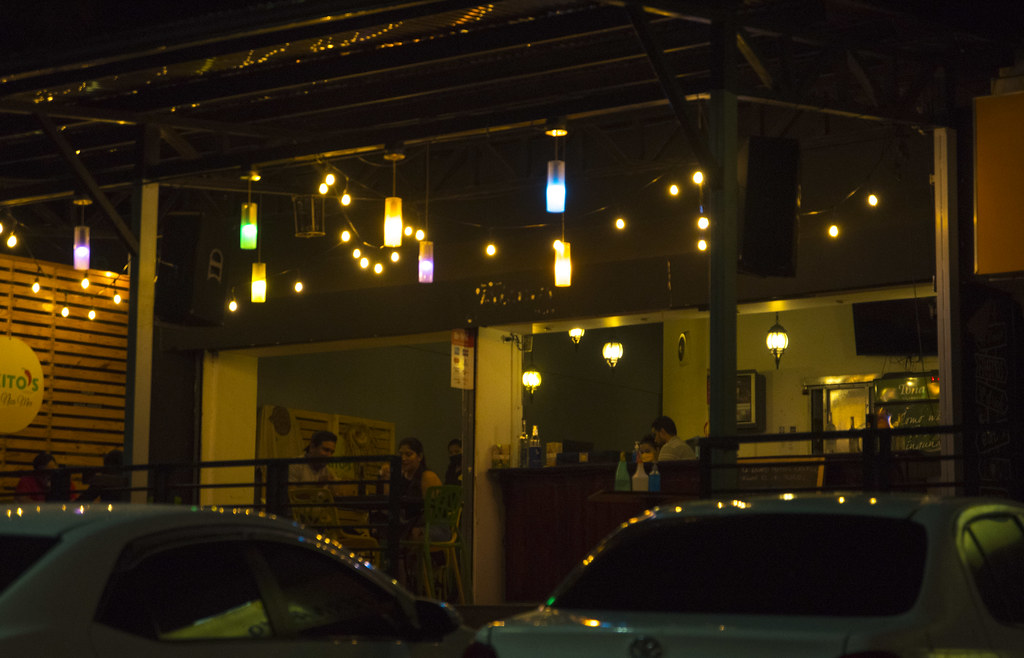
Some restaurants have taken steps to avoid crowds.
PUBLICIDAD 3M
Confidencial es un diario digital nicaragüense, de formato multimedia, fundado por Carlos F. Chamorro en junio de 1996.
PUBLICIDAD 3D